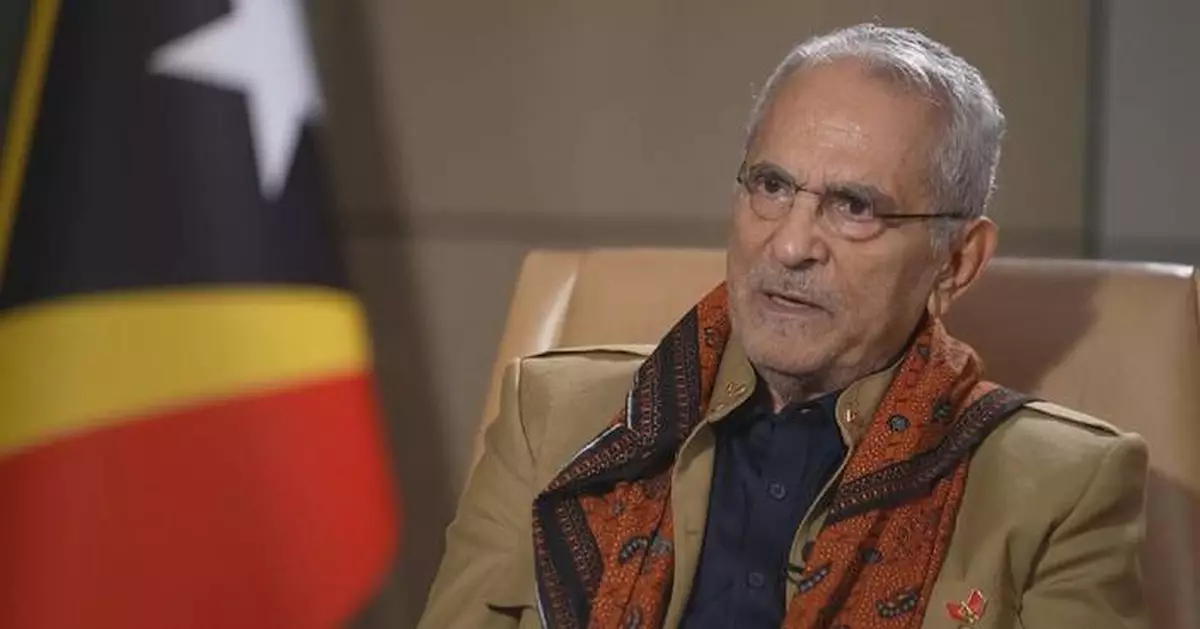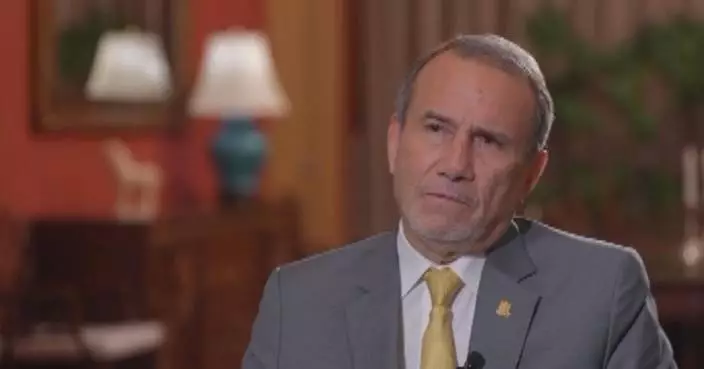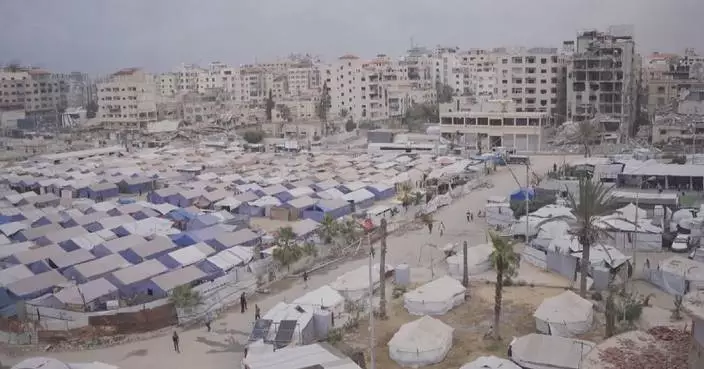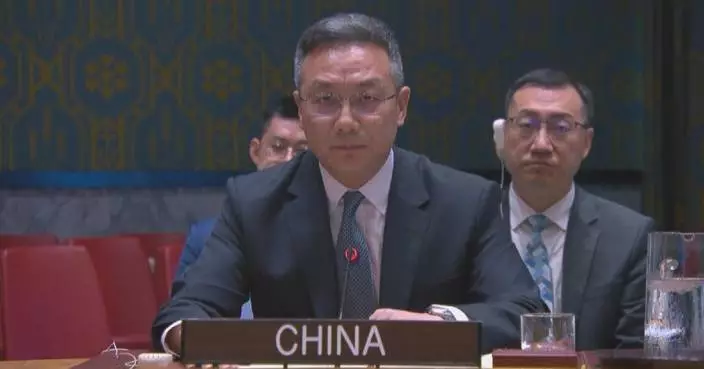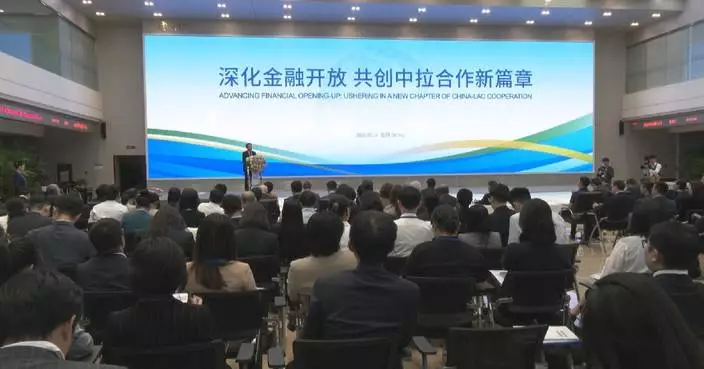Timor-Leste's President Jose Ramos-Horta has lauded the concept of a "community with a shared future for all humankind" championed by Chinese President Xi Jinping, saying it plays a crucial role in balancing economic growth with social well-being and environmental protection.
President Xi put forward the concept of a community with a shared future for mankind to foster collaboration among countries and address shared economic challenges and opportunities.Three major initiatives -- Global Security Initiative (GSI), Global Development Initiative (GDI) and Global Civilization Initiative (GCI) -- were proposed by Xi in 2022, 2021 and 2023 respectively, aiming to enhance global cooperation in various fields to realize common prosperity.
In an interview during his just concluded state visit to China, Ramos-Horta stressed the need for economic and social development that benefits everyone.
"The concept of community of shared future articulated by President Xi Jinping, I have read it and I endorse [it] 100 percent. How do we implement it? To realize this, we should stay more focused. Pick five absolute priorities in the third-world Global South. One is clean water for everybody, because there is serious water scarcity in the world. Look at sanitation, because it is the lack of sanitation that kills millions of children around the world; because of bacteria, because all kinds of diseases that affect their growth. Reforestation and general cleaning up of our forest. Renewable energy, which is already underway anyway, and China is a global leader," Ramos-Horta noted.
At the invitation of President Xi, Timor-Leste's president paid a state visit to China from July 28 to 31. This is Ramos-Horta's first visit to China after he took office in 2022 and the first state visit by a Timor-Leste president to China since the establishment of diplomatic ties in 2002.
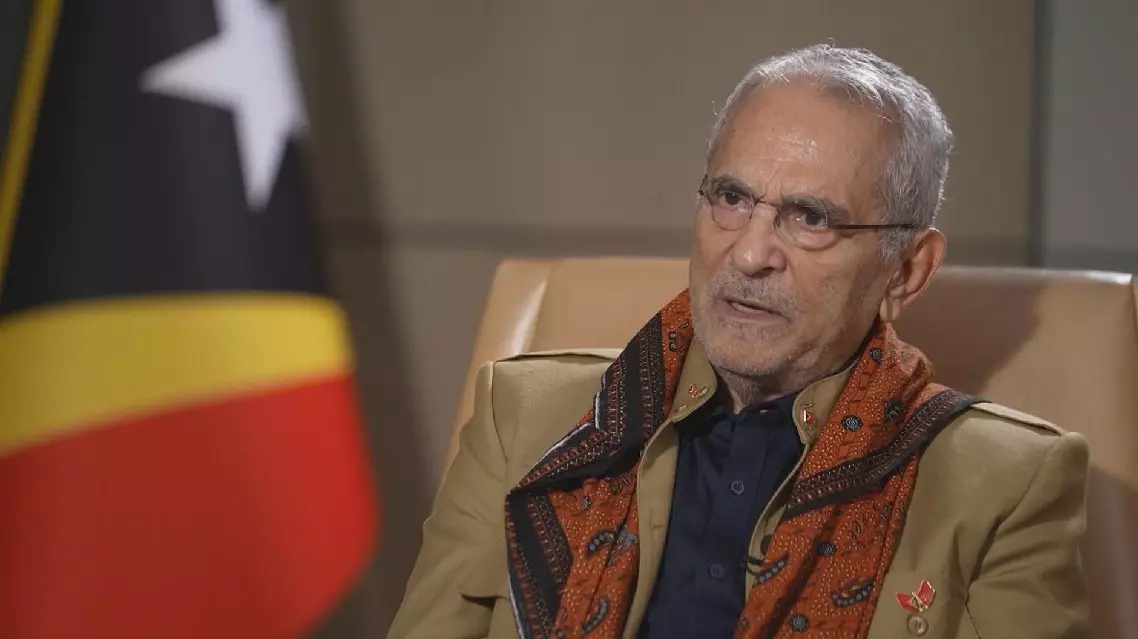
Timor-Leste president fully endorses Xi’s concept of community with shared future
The United Nations Security Council has called on Israel to lift its blockade on Gaza, where food supplies are dwindling and the humanitarian situation continues to deteriorate.
Addressing an emergency meeting of the UN Security Council on Gaza's worsening humanitarian crisis on Tuesday, Tom Fletcher, the UN under-secretary-general for humanitarian affairs, said the humanitarian situation in Gaza is deteriorating rapidly amid an Israeli blockade that has prevented the entry of food, medicine, water and shelter materials for more than 10 weeks.
"We have life-saving supplies ready, now, at the borders. We can save hundreds of thousands of survivors. We have rigorous mechanisms to ensure our aid gets to civilians, and not to Hamas. But Israel denies us access, placing the objective of depopulating Gaza before the lives of civilians," he told the security council.
According to Fletcher, some 70 percent of Gaza's territory is either under displacement orders or within Israeli-militarized zones, leaving hundreds of thousands of civilians trapped in shrinking areas without basic necessities.
Every single one of the 2.1 million Palestinians in the Gaza Strip face the risk of famine. One in five face starvation, Fletcher said, quoting a report from the United Nations Food and Agriculture Organization (FAO).
Israel blocked the entry of goods and supplies into Gaza on March 2, following the end of the first phase of a January ceasefire deal with Hamas. It resumed attacks on Gaza on March 18, with at least 2,720 Palestinians killed since then.
Fletcher described an Israeli plan for aid distribution in the Gaza Strip as a "a fig leaf for further violence and the displacement" of Palestinians in the enclave.
"The Israeli-designed distribution modality is not the answer. It practically excludes many, including people with disabilities, women, children, the elderly, the wounded. It forces further displacement. It exposes thousands of people to harm. It sets an unacceptable precedent for aid delivery, not just in the OPT (the Occupied Palestinian Territory), but around the world. It restricts aid to only one part of Gaza while leaving other dire needs unmet. It makes aid conditional on political and military aims. It makes starvation a bargaining chip," he said.
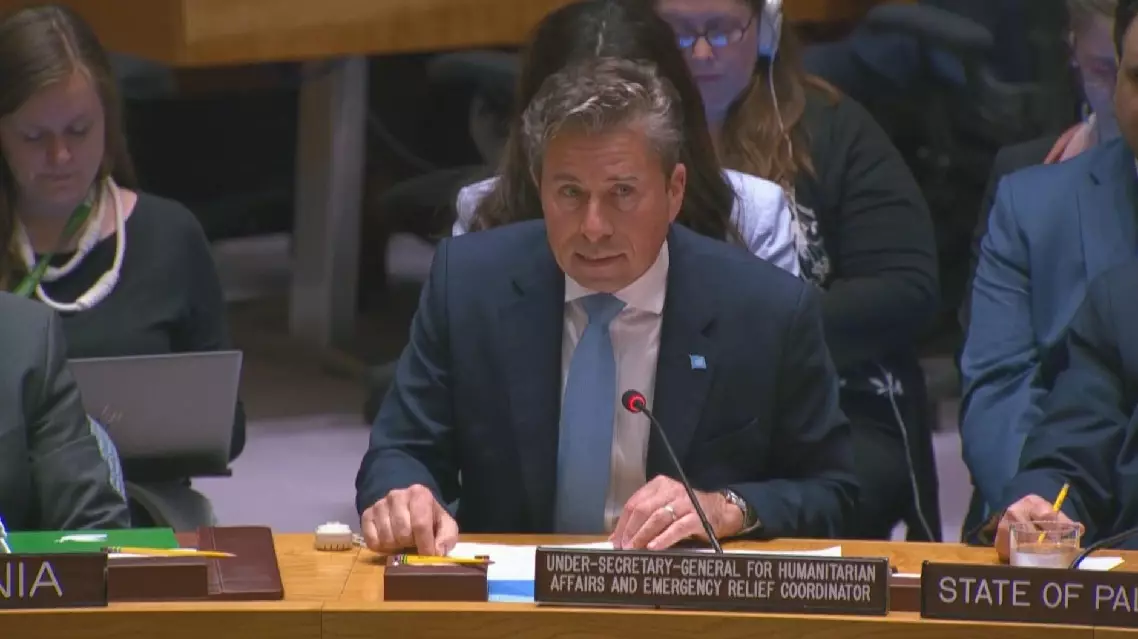
UN Security Council urges Israel to lift Gaza aid blockade amid famine warnings



